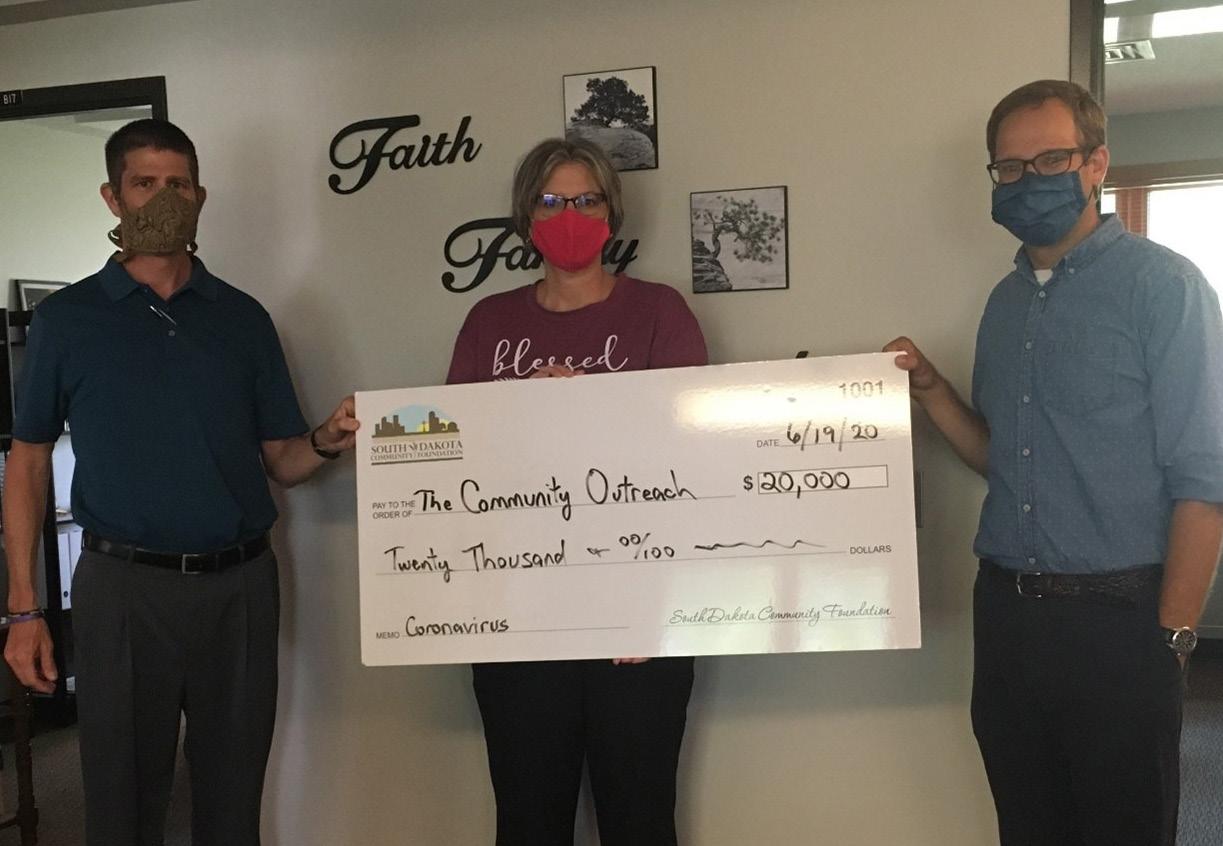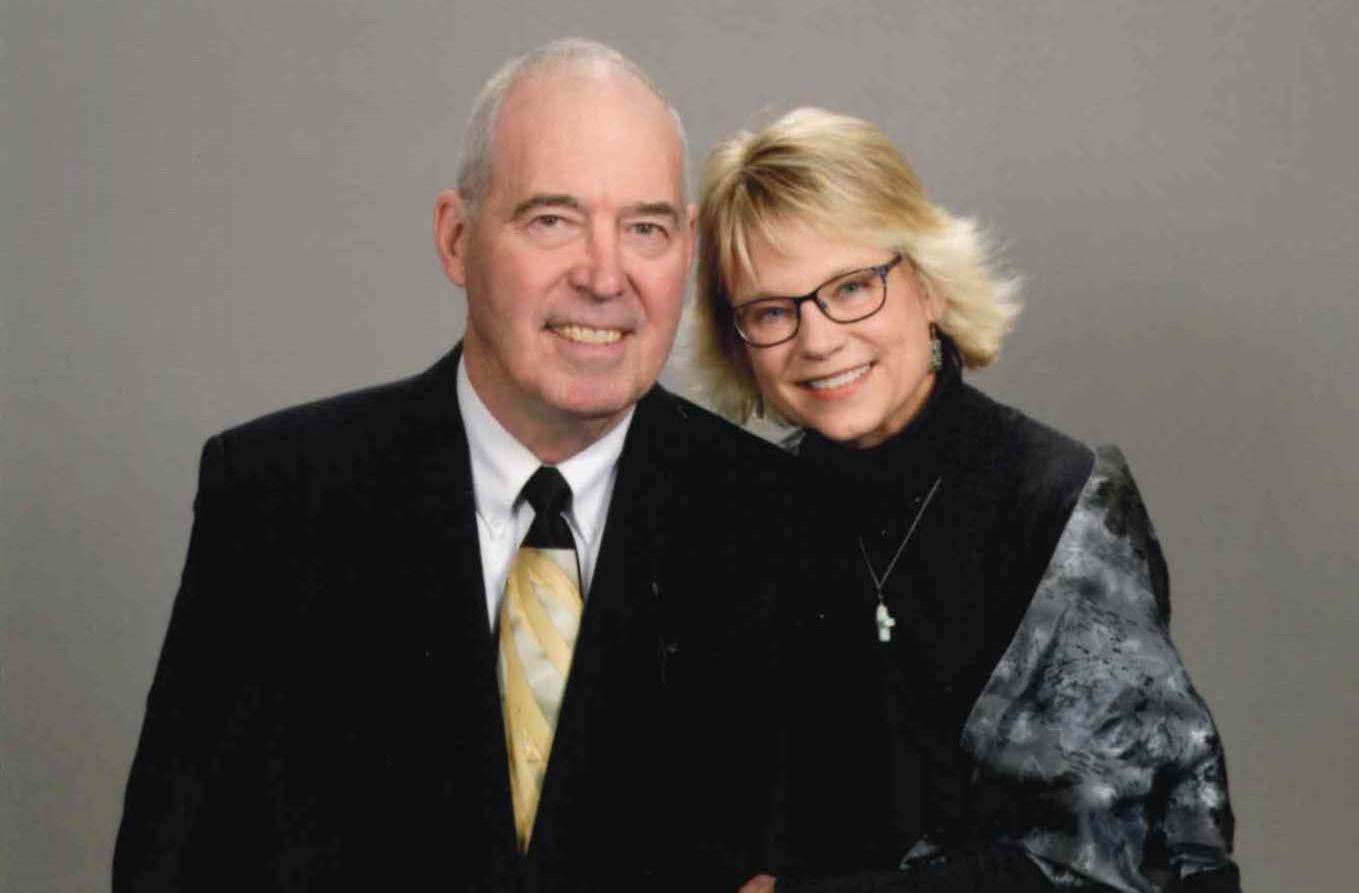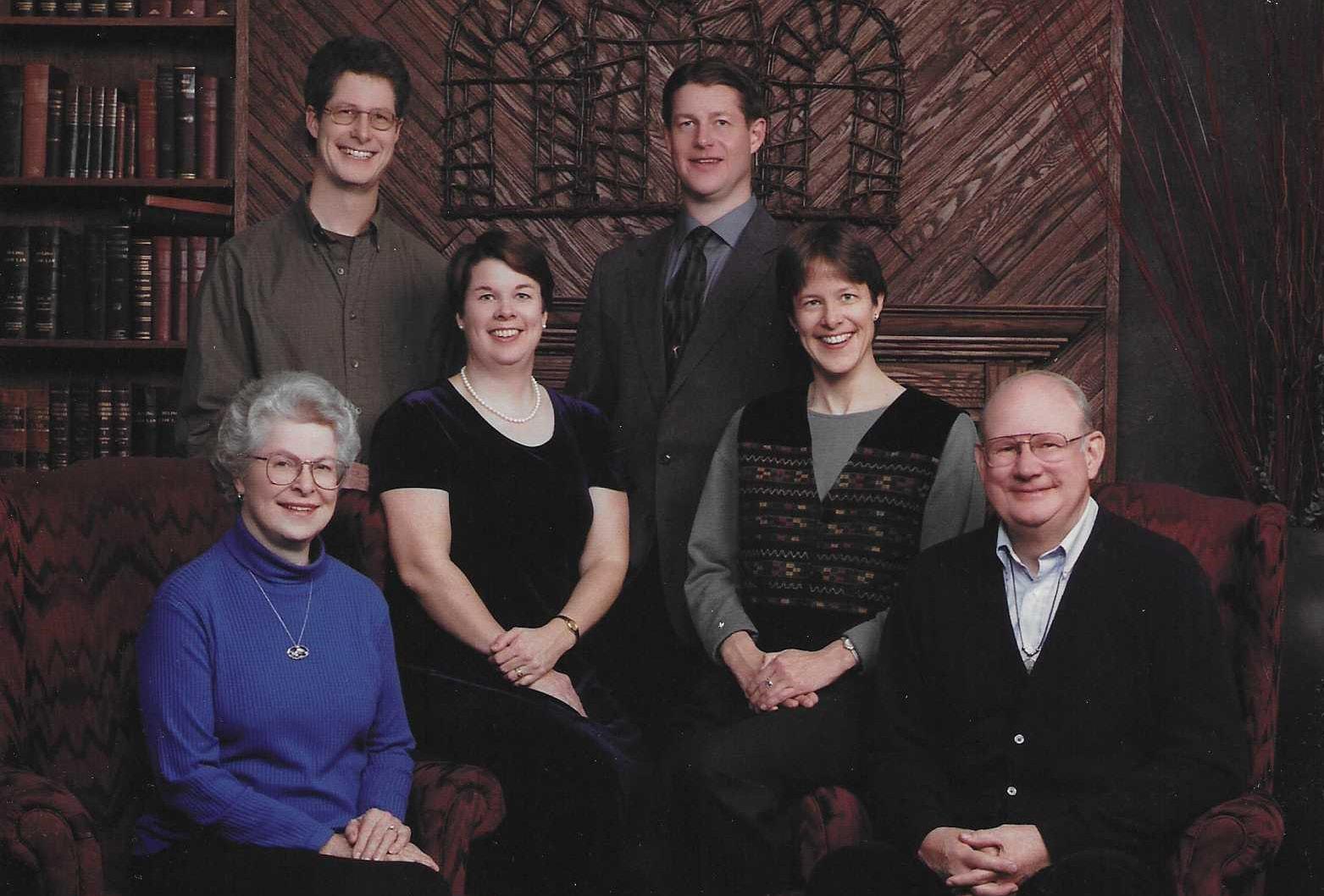
6 minute read
2020 – Responding to a Year Like No Other
The South Dakota Community Foundation (SDCF) reprioritized and streamlined grant programs to focus efforts on responding to the coronavirus in 2020.
The pandemic had and will continue to have a huge impact on our state’s nonprofits. While the demand for services increased, CDC guidelines necessitated reducing in-person services. Volunteers, which every nonprofit depends on, were scarce. Many nonprofits experienced decreased donations and contributions as donors experienced their own hardships. Fundraising events had to be cancelled. Providing services online proved challenging as many nonprofits lacked the necessary equipment. Staff were in dire need of training on how to successfully implement virtual programs. When facilities were able to open again on a limited basis, funds were needed for personal protective equipment (PPE) and cleaning supplies. Staff retention became more difficult. Despite the difficulties, nonprofits across our state rose to the challenge and initiated new and unique ways of delivering services to clients.
Advertisement
The programs highlighted in this article represent a cross section of those nonprofits that continue to provide services despite numerous challenges. Ginger Niemann, SDCF senior program officer, said, “It was very difficult choosing just four nonprofits to highlight in a year of grantmaking that has been unprecedented in the sheer numbers and depth of need. These four nonprofits have different missions and clientele, but all worked diligently to meet the need during a very challenging time. We are proud to have played a small part in that.”
Volunteers of America – Western SD
Pictured left to right: Todd Richins, Senior Director of Advancement, VOA; Beth Massa, Regional Director for Foundation Relations, SDCF; Kelly Folsom, Advancement Specialist, VOA; Tara Wilcox, Director of Rapid City Services, VOA and Ginger Niemann, Senior Program Officer, SDCF We can all remember how we felt when many of us were asked to “shelter in place” last spring when the pandemic first hit. Our homes became the command center, from which we worked, educated our children and stayed in touch with loved ones while “social distancing.” Now, try to imagine doing all this if you were without a home.

Volunteers of America Northern Rockies (VOA) has been on the frontlines of providing services to low or no income individuals in western South Dakota who have been impacted by COVID-19. The organization received a $20,000 grant through SDCF’s Coronavirus Response Fund. Funds supported temporary hotel placement for homeless families and high-risk individuals along with diaper distribution for infants and toddlers.
“Without the continued support of partners like the South Dakota Community Foundation, it would not be possible to serve the thousands of people in need each year in the Black Hills,” said Jeff Holsinger, CEO, Volunteers of America Northern Rockies. “We look forward to supporting even more this year as we all work for a stronger South Dakota.”
Partnership With Native Americans
Elder Georgia expressing her thanks for food distribution in the community of Wanblee on the Pine Ridge Reservation. Standing behind her is PWNA partner Phyllis Swift Hawk.
Partnership With Native Americans (PWNA) is a 501(c)(3) nonprofit organization committed to championing hope for a brighter future for Native Americans living mostly on remote, geographically isolated and often impoverished reservations. PWNA provides year-round services for Native American tribes in nine priority states including South Dakota.
All the tribes served by PWNA have been impacted by the COVID-19 pandemic. Native American tribes have some of the highest rates of infection in the United States. The pandemic also highlighted the food insecurity that exists in nearly all rural and geographically isolated communities. Most reservations exist in food deserts. Grocery stores for some communities may be an hour or more away. SDCF granted $15,000 to PWNA to provide much- needed services.


“COVID-19 increased food insecurity nationwide, but for 23 percent of Native families who were food insecure before the pandemic, COVID added even more stress,” stated Joshua Arce, PWNA President & CEO. “It is only with the generosity of groups like the South Dakota Community Foundation, committed to supporting tribal communities throughout the pandemic, that we were able to deliver emergency food and other essentials to the tribes in South Dakota.”
PWNA made 24 deliveries of needed relief to seven of the nine reservations in South Dakota (Pine Ridge, Standing Rock, Cheyenne River, Crow Creek, Rosebud, Lake Traverse and Yankton Sioux). They also supported Tribal Emergency Managers and local community leaders by offering Disaster Preparedness and Emergency Response in South Dakota with laptops and hotspots to support them in their work.
The Community Outreach
Left to right: Jeff Veltkamp, SDCF Director of Development is shown presenting a check to Amy Benda, Executive Director, The Community Outreach and Peter Nord, Resource Development Manager, The Community Outreach
The Community Outreach is a nonprofit social work ministry providing guidance, education and financial assistance to the working poor in the Sioux Empire.
A $20,000 grant helped support families in financial crisis due to unemployment imposed by the coronavirus. Following the coronavirus outbreak, The Community Outreach experienced an overwhelming increase in requests for support due to unemployment in the community. As a first stop for a family in financial crisis, it is a key organization serving those in need of safe, affordable and permanent housing. Help is offered for everything from rent and utilities to transportation to and from work.
“We work to flatten the curve of homelessness in our Sioux Falls community,” stated Peter Nord, Resource Development Manager, The Community Outreach. “We appreciate the smooth and easy process the South Dakota Community Foundation established to request grant funds. It enabled us to get assistance to many more families as soon as possible. Without the support of the Foundation, we would not have been able to offer support to many more people.”
Glacial Lakes Multicultural Center, Inc.
The Multicultural Center provides many services for its clients.
Immigrants have been adversely impacted by COVID-19. Many are front-line workers earning minimum wage. They have no reserves to carry them through if they or a family member get sick.
Glacial Lakes Multicultural Center, located in Watertown, SD embraces and celebrates diverse cultures by promoting understanding and respect for all. Created in 2019 to provide services to immigrants in northeast South Dakota, their services include immigration assistance, translation and interpretation and English as a Second Language (ESL) classes.
This organization received a $15,000 grant that provided partial support for a full-time staffer assisting immigrants working in the dairy industry along the I-29 corridor. “This grant has enabled us to continue services for our immigrant clients without interruption,” said Sister Teresa Wolf, Director, Glacial Lakes Multicultural Center, Inc.
Several of their clients responded with their own words of gratitude for these services and the difference they have made in their daily lives:
Jose responded, “Yesika helps me with interpretation of different services, such as hospital, telephone and personal care insurance.”
“Yesika is very nice and helps me with many things including banks and cars and hospitals,” declared Sophia.





